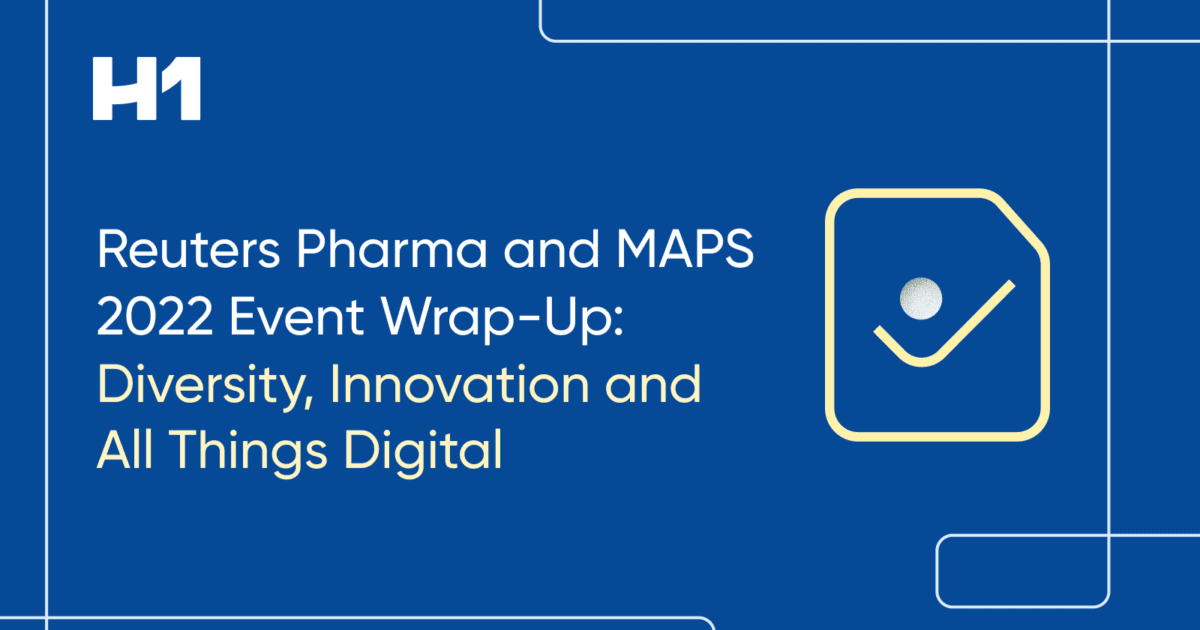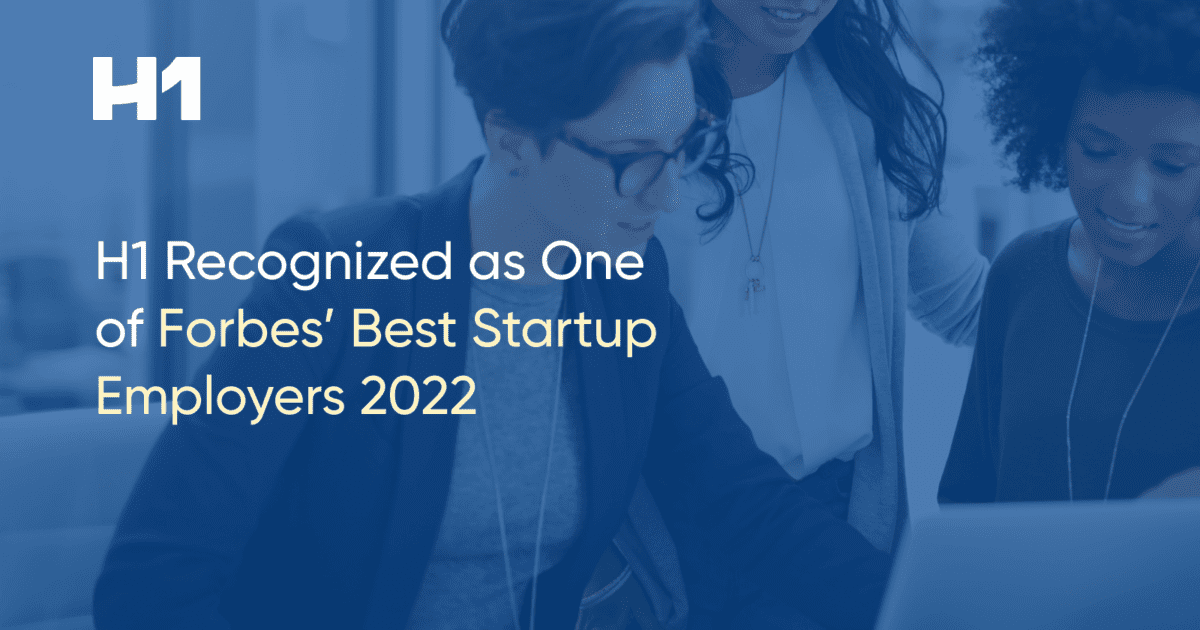Reuters Pharma and MAPS 2022 Event Wrap-Up

Diversity, Innovation and All Things Digital
Events are back in person and there’s a buzz in the air. Stacey Rivkin, H1’s VP of Client Strategy & Solutions just got back from the 2022 Medical Affairs Professional Society (MAPS) NOLA and 2022 Reuters Pharma event in Philadelphia. She had a chance to chair the Medical Affairs track at Reuters and participate in work groups with MAPS. Stacey was close to all of the action so we sat down to ask her about the buzz at this year’s events.
1. What did you sense were the greatest challenges facing medical affairs teams today?
There were three themes that ran consistently throughout the conferences:
- The evolving role of MSLs: in order to be successful, the new MSL needs to be more flexible and adapt to a new era utilizing different and very personalized digital communication and outreach methods (digital, zoom, etc) to understand their HCPs preferences. Additionally, the entire organization needs to be built to support that personalized approach.
- The move to and the evolution of digital channels for HCPs: we need to listen to what HCPs are saying in the social sphere and find compliant ways to engage with them where they are.
- Omnichannel communications has been around in retail for a long time. Pharma and medical affairs teams are now learning how to use those techniques to refine their engagement strategies and deliver the right content in the right channel at the right time.
2. What new innovations or developments that you learned about excite you for the second half of 2022?
Social listening is still in its infancy, but digital media is revolutionizing how HCPs connect, debate, and discuss the latest in discovery and treatment. The platforms out there that are doing social listening now are really still having a hard time providing actionable insights. The next steps we need to take are: watching, contributing, and understanding who is talking; who is listening; and what are they saying. Then we need to think about how medical affairs teams can best engage and offer value.
3. What were three takeaways you learned from your time chairing the Medical Affairs track?
- Diversity in the presenters and panels: I loved seeing the all-female all-star panel. At a typical medical conference, there tends to be a lot of people of a certain age, race and gender on stage. That was not the case this year.
- COVID changed things for medical affairs teams. It was a fundamental shift in the way they worked and functioned. The core of the role changed, and we aren’t going back. What I saw at the conference was an awareness of the shift in core activities like going to congresses and going to HCPs offices aren’t happening anymore and probably won’t come back. Medical affairs and MSLs have to adjust to evolve with the changing times.
- It’s amazing to see the exploding landscape in oncology and rare disease focused pharma leaders. It seemed like everyone was presenting on those two disciplines. When I started in the industry, everything was primary care focused: like hypertension, ED, and asthma. Pharma has really shifted over the past two decades.
